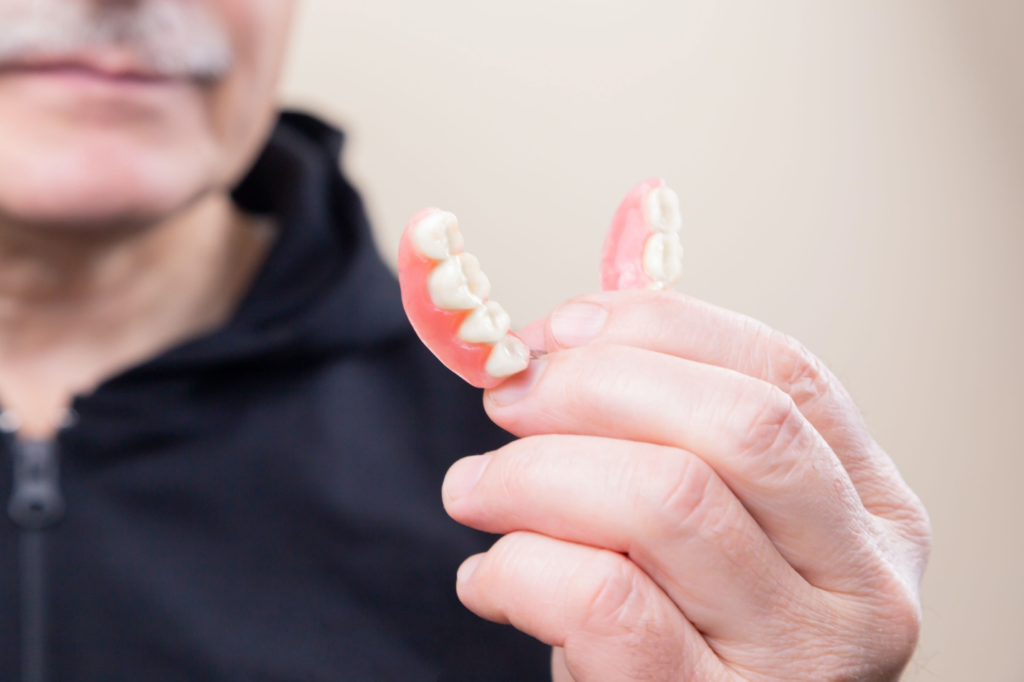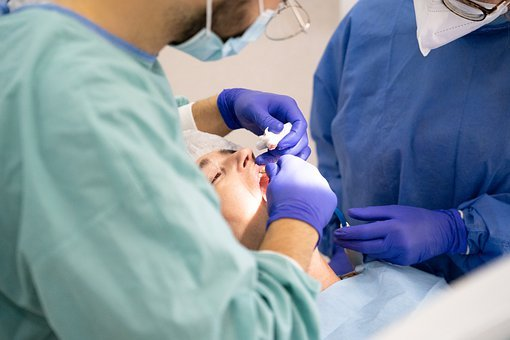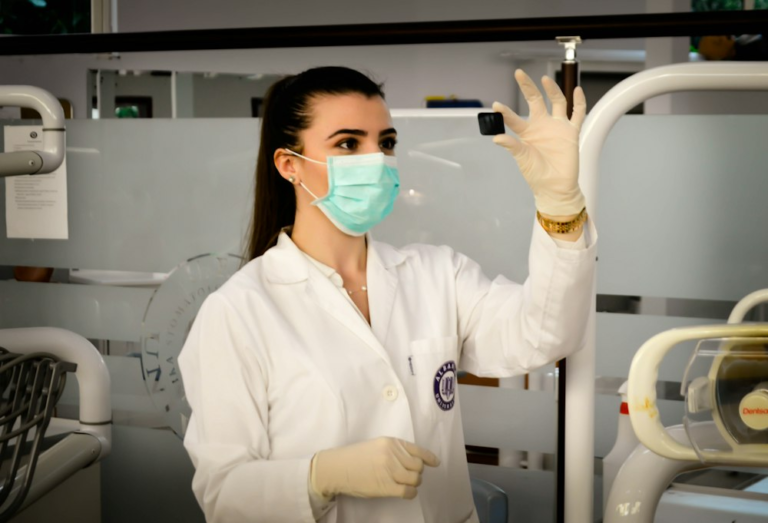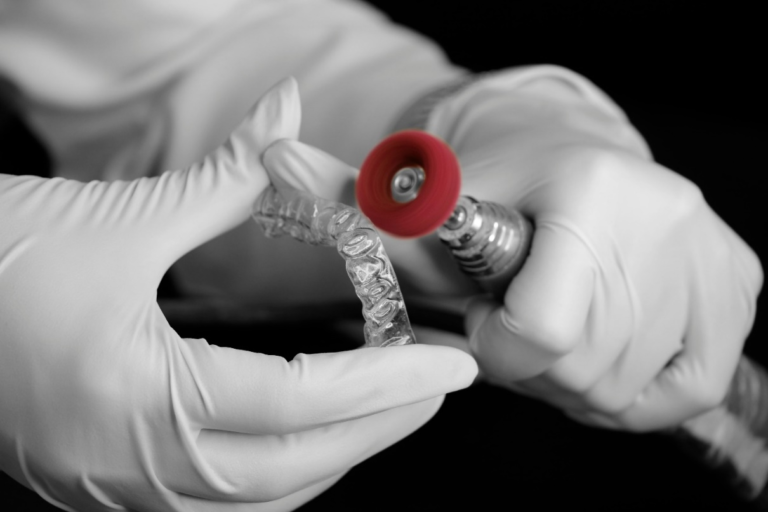Losing teeth as an adult can have a significant impact on your well-being. It can lead to low self-confidence and affect your self-esteem. Thankfully, medical science has advanced to the point where you can easily get a teeth replacement by getting an implant or a denture.
A denture is a customized set of removable teeth, unlike implants. There are two types of dentures, partial and full dentures. In this blog, let’s talk about the differences between both as well as if you should get dentures:
Why Get Dentures?
Losing teeth can cause much more problems than just affecting your appearance. You can have difficulty chewing and speaking. The space around the missing teeth can also cause alignment issues with other teeth, resulting in crooked teeth.
Getting a denture is a good way of replacing missing teeth without getting a permanent implant. Your dentist will determine what type of denture is best suited for you. However, despite the type of denture you get, it’ll take time for you to adjust to it. Although dentures today look very similar to natural teeth, they still feel a bit different.
Partial Dentures
Partial dentures are for people who have a few of their teeth missing. A partial denture is essentially a plate with prosthetic teeth varying for every patient.
Patients with strong teeth can even use dental bridges. A dental bridge connects the gap between two teeth, and a crown can be placed on top of it to make it look like a tooth.
If the patient’s teeth aren’t strong enough to support the dental bridge of the partial denture, an implant might be required to hold onto the dentures in their place and not affect the rest of the teeth.

Full Dentures
Full dentures have plastic or an acrylic base that is flesh-colored so that the dentures blend in with the mouth. It sits on the gums and is customized to fit them perfectly and comfortably. The upper part of the dentures covers the roof of the mouth, also called the palate. The lower part is shaped like a horseshoe to allow free movement of the tongue.
A thin layer of saliva between dentures and the gums helps anchor them, which is why patients with dentures are advised not to let their mouths get dry.
If you’re missing one or more teeth and are looking to get dentures in Germantown, MD, Advance Dental Center can help you. We are a dental clinic and provide various dental services, including dentures and partial dentures, dental implants, dental veneers, and more. Contact us to learn more about our cosmetic and family dentistry services.






